
What Are the Rules and Requirements of Prefab Houses in Texas?
Table of Contents
Are you considering installing a prefab house in Texas? This type of dwelling offers many benefits. It's much more affordable than a conventional property and can be used to provide housing for other family members or even earn extra income.
However, like many other states, Texas has set some regulations and standards for prefab houses.
It's important to understand and comply with these rules to avoid problems due to illegal practices. Furthermore, these regulations ensure people's safety.
If you have thought about installing a tiny house in Texas, here's more information about the regulations and requirements you must comply with. Read on!
What Is a Prefab Home?
Essentially, a "prefab home" is a housing unit manufactured in an off-site factory. It's then transported to the home site and assembled on the land it'll sit on.
This type of dwelling is a popular alternative to traditionally constructed houses because it's much cheaper. Additionally, prefab homes help provide affordable housing to Americans as this need increases due to high demand and low inventory.
This housing category includes different types, such as manufactured, mobile, and modular homes. They're also known as accessory dwelling units or ADUs.
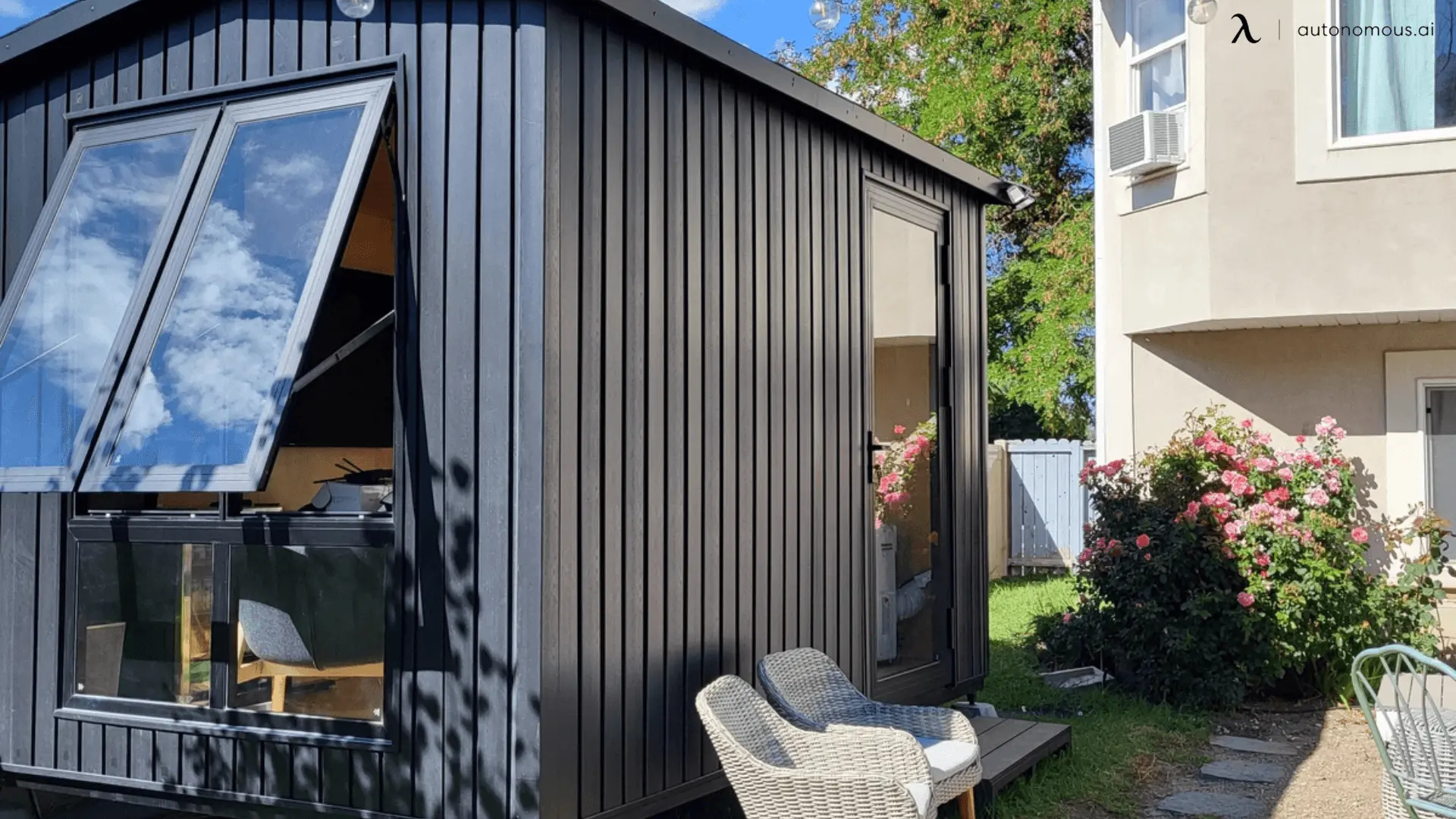
Differences Between Modular Homes and Manufactured Homes
If you're considering installing a small house on your Texas property, you should understand the differences between a modular home and a manufactured unit.
A modular home, also known as an industrialized home, must be installed on a permanent foundation system. This is one of the main differences between this type of dwelling and manufactured houses.
Additionally, manufactured and modular homes are regulated by different codes.
In Texas, a modular house must be built according to the same codes as site-built housing. However, a manufactured home must be constructed according to the Federal Department of Housing and Urban Development (HUD) code standards.
Another important difference has to do with titles. These documents aren't issued for modular homes. Once one of these units is installed, it becomes part of the main residential property.
Finally, municipalities may not differentiate between modular site-built houses and modular homes built under the Texas IHB program.
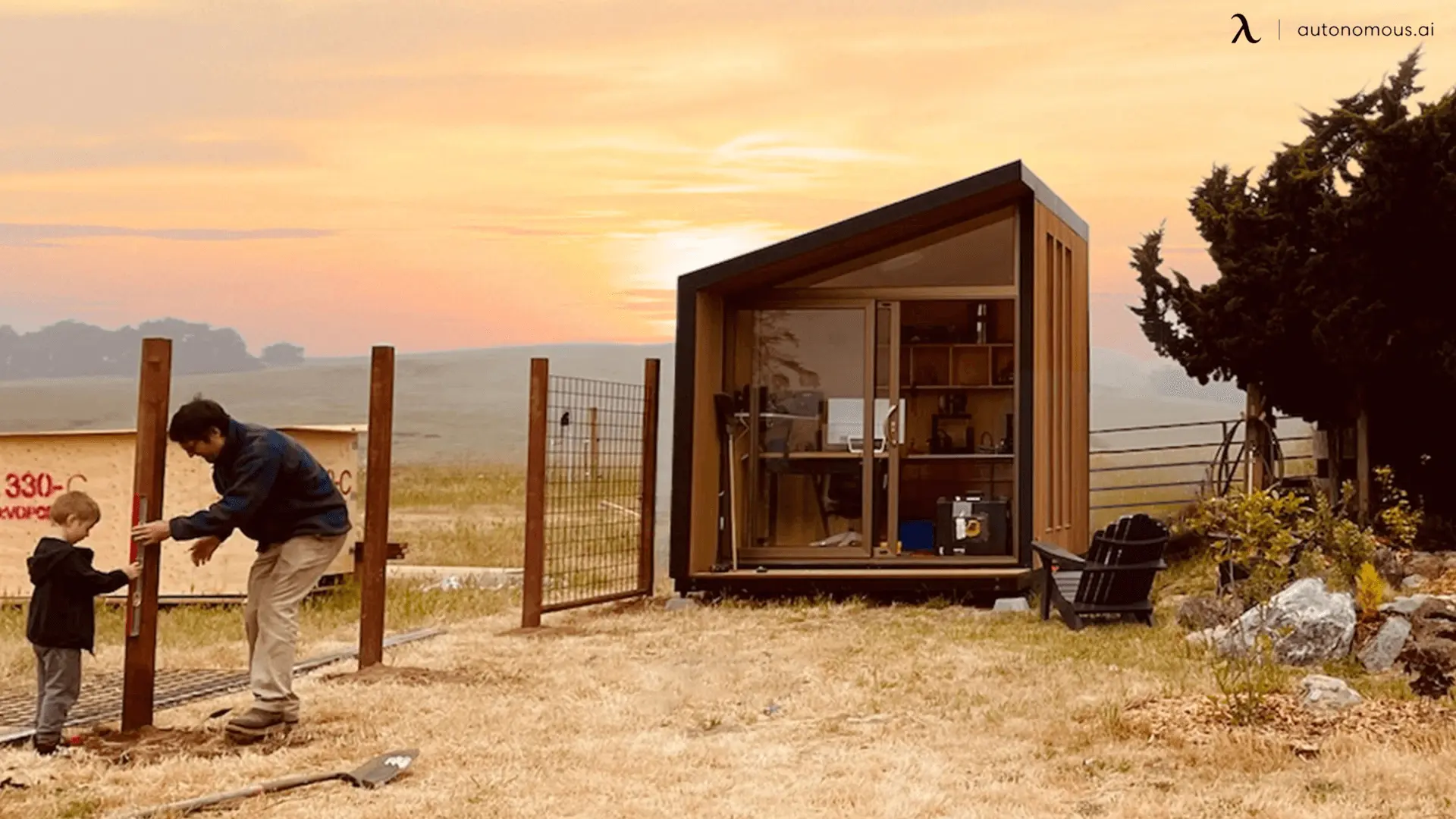
Requirements for the Installation of Manufactured Homes in Texas
Now that you understand the definitions of prefab homes in Texas, let's go over the requirements for these structures in this state.
Installation Requirements
Texas regulations state that manufactured homes must be installed by a licensed professional according to the instructions provided by the manufacturer. These instructions should be DAPIA-approved.
Additionally, the licensed installer must ensure that the installation is adequate so that the manufactured home resists overturning and lateral movement. It must also meet the standards for the Wind Zone where the prefab house will be located.
Installation professionals should also use stabilizer components with the right capacity according to the manufacturer's instructions. These components should be resistant to the weather, considering the conditions along the Texas Gulf Coast.
The installer is also responsible for the proper preparation of the site where the manufactured home will be installed.
Other Requirements
Requirements for installing a prefab home or ADU in Texas may vary from city to city, but all should comply with federal and state laws.
If you want to know the standards and rules set by a particular local jurisdiction, you should search for information on its website or seek guidance from local officials.
However, let's check an example to learn how these standards and regulations often work in this state.
(1).webp)
Accessory Dwelling Units (ADUs) in Austin, Texas
In Austin, Texas, tiny homes are quite popular. Many choose this city because it's one of the best places to install an ADU if you live in the US.
However, that doesn't mean there aren't regulations. Residents must also comply with certain rules and standards if they're considering this type of housing.
First, in Austin, an ADU is a separate dwelling located in the same single-family home, but it's smaller in size. Additionally, it should be regulated by the City of Austin's Land Development Code § 25-2-774 Two-Family Residential Use.
These are some of the requirements you must meet if you want to install a prefab ADU in Austin, Texas:
Lot Size Requirements
In this city, the minimum lot size to install an ADU is 5,770 square feet in SF-3 zoned lots.
ADU Size Limits
Austin also limits the size of ADUs. The maximum size for a prefab home in this city should be 1,1000 square feet or 0.15 FAR, whichever is smaller according to the city's land development code.
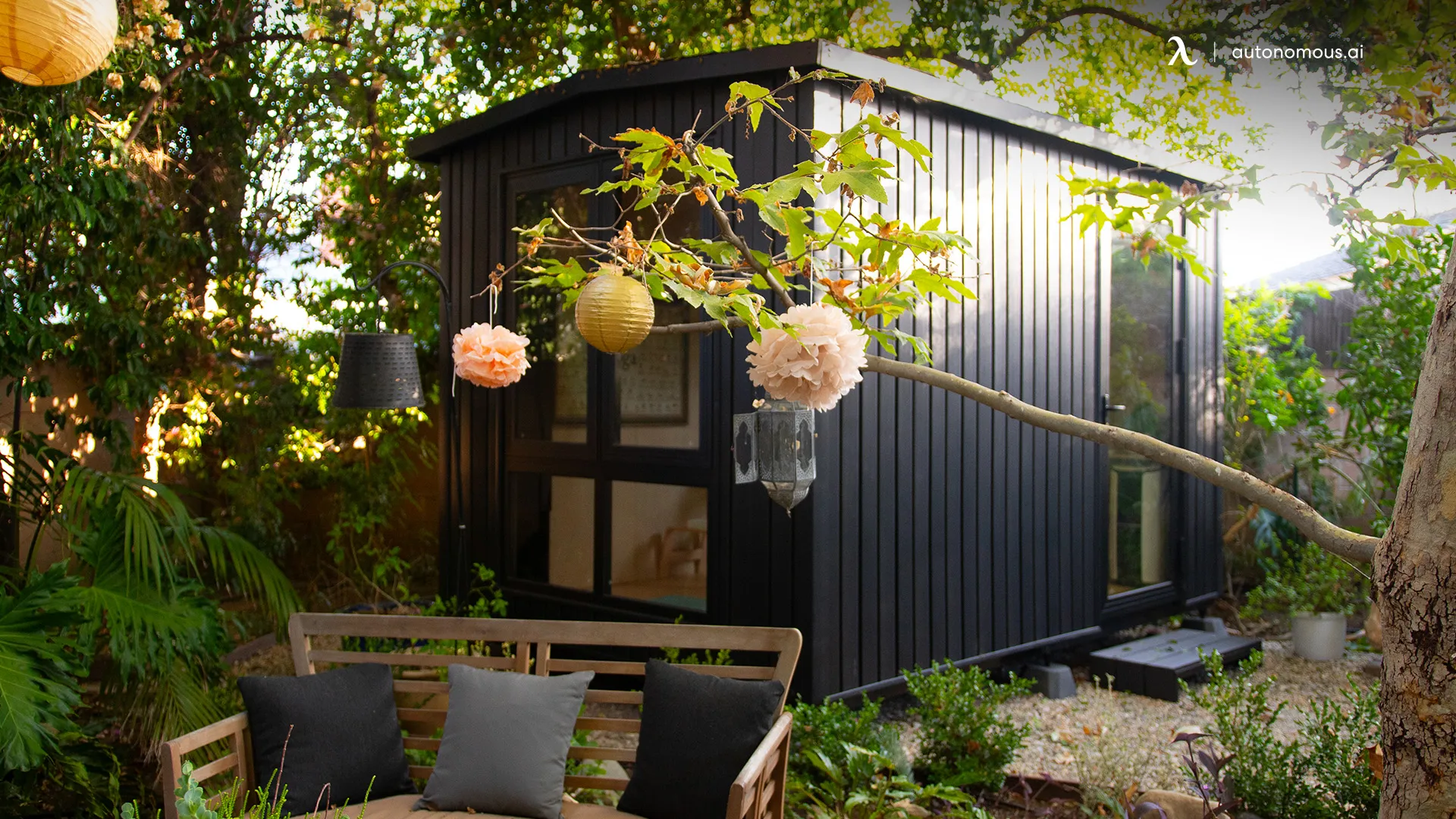
Setback Requirements
Additionally, the ADU-related standards in Austin state that every building in this city must be separated from another structure by at least 10 feet (front and side to side).
Parking Requirements
When it comes to parking on ADUs, it should be added beside the parking requirements for the main residential property.
In other words, a single-family home with a prefab house in Texas should have two parking spaces.
However, these requirements are slightly different for properties located more than a quarter mile from an activity corridor according to the rules established by the Comprehensive Plan. In that case, the ADU addition would need extra parking space.
Also, additional parking space isn't necessary when the property where the ADU will be installed is less than or equal to a quarter mile from an activity corridor.
Rental Requirement
In Austin, if ADUs are used as short-term rentals, this activity is limited to only 30 days a year. However, this only applies to prefab homes built and installed after October 1, 2015.
Homeowners cannot use ADUs as a Type 2 short-term rental. This is prohibited in this Texas city.
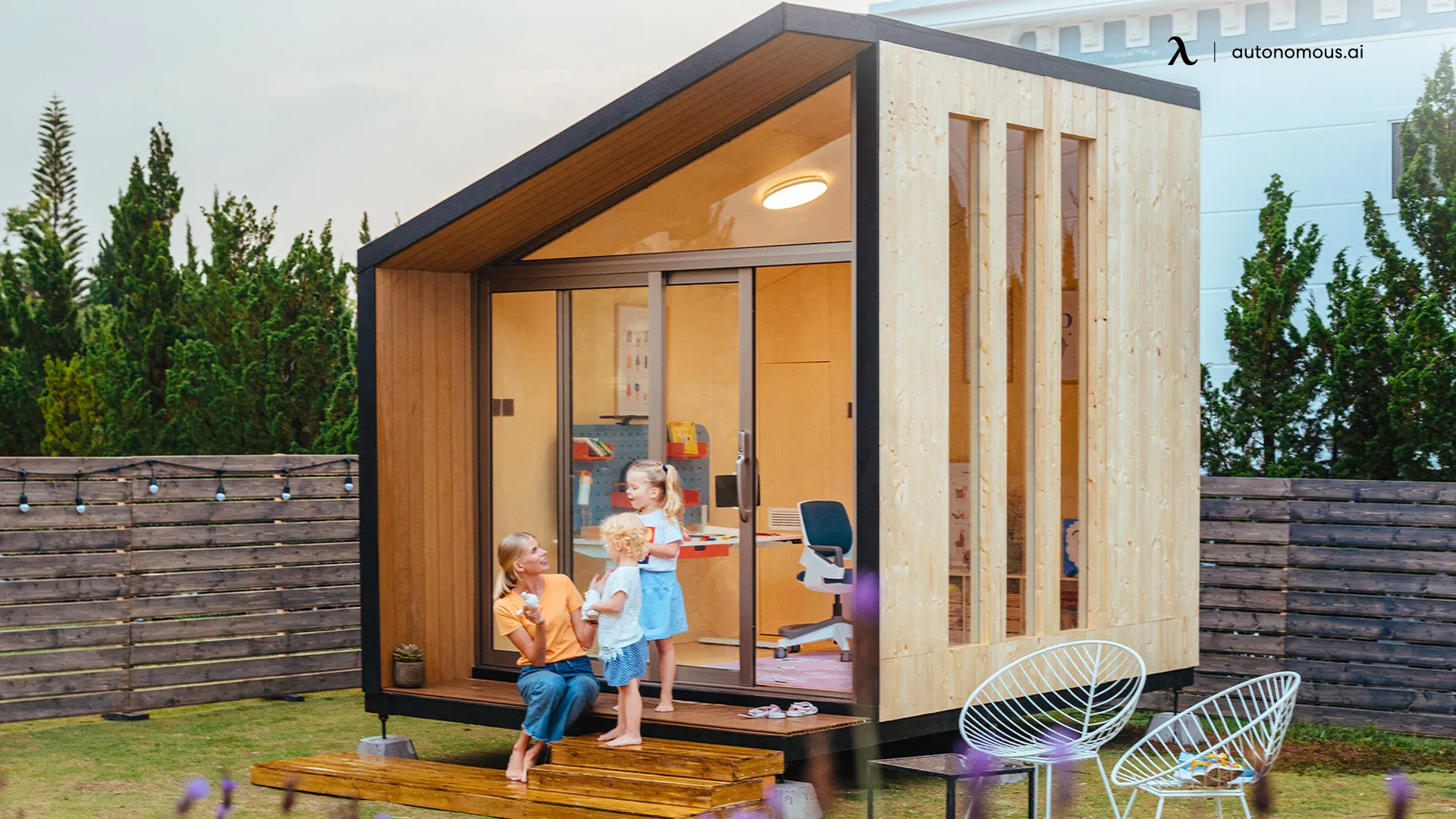
Getting to Know Autonomous ADUs
Are you ready to purchase and install a prefab house in Texas? Autonomous has three impressive options suitable for different purposes.
Texas prefab houses must be sturdy enough to withstand the state's weather and meet installation requirements. In addition, they must be spacious enough to be used according to the codes set by each jurisdiction.
Fortunately, Autonomous pods can be the ideal tiny homes of Texas, as they meet these requirements and offer many other benefits. Let's go over the best-selling ADUs of this brand:
Autonomous WorkPod
If you're looking for home office pods, Autonomous WorkPod is one of the best you can find on the market. It's built with sturdy materials that make this structure highly durable.
Plus, it's sound-insulated. If you get easily distracted and constantly experience low productivity levels, the Autonomous WorkPod could be a great solution.
While it has ceiling-to-floor windows, meaning you can enjoy nature, the WorkPod eliminates distractions! You'll be more productive than ever and even save some time while completing your daily tasks!
Also, the Autonomous WorkPod is fully wired and ready to go. After installing the structure and making the necessary adjustments, you just have to bring your essential appliances and start using them!
Another thing you'll love about the Autonomous WorkPod is that it's more than just a workspace. While it can be the perfect place to create the ideal distraction-free workstation, you can also use this ADU to build a games room, an art studio, or simply an area to chill out and have a great time.
This WorkPod has also been tested beyond industry standards, so you can rest assured that it's durable enough to last for years.
Pros
Do you want to know if the WorkPod can be the perfect tiny house in Texas? Let's learn more about the benefits of this ADU by checking its pros!
- It's supported by a wooden frame designed to last for years and has plywood, honeycomb paper, vinyl, and bitumen components for extra strength.
- This ADU can be installed in just days. If you need a quick housing solution, you won't have to wait months or years to have one.
- It's plug-and-play, as it comes pre-wired and prepped to offer improved comfort.
- The Autonomous WorkPod comes with everything you need to create a great workstation, including the ErgoChair Ultra and the Autonomous Desk. It also has an anti-fatigue mat that can help you focus while working.
Cons
Although the WorkPod is an excellent option for those who want to install tiny homes in Spur Texas, or another city in this state, it comes with a few drawbacks.
- Autonomous doesn't offer assembly services in Texas, so you'll have to hire a local professional to install yours.
- The space where you'll install the WorkPod should be at least 24 feet by 18 feet since this ADU is about 12 feet by 9 feet.
Autonomous WorkPod Versatile
Autonomous offers another great ADU for those who need extra housing space in Texas. This studio pod has been built to last and fits right in your backyard, eliminating disruption.
Plus, if you choose this ADU, you won't have to spend a fortune on home renovations. This prefab studio is ready to install and use, whether you want to create a working space or a playroom.
The WorkPod Versatile includes everything you need to create a comfortable space, such as a desk, a closet, a bookshelf, a foldable coffee table, a convertible sofa bed, and a TV stand.
Whether you want to create a space to work without distractions, an area to relax or play with your children, an art studio, or an extra room for your loved ones, the Autonomous WorkPod Versatile may be the ideal option.
Pros
Your tiny house in Texas should be high-quality, sturdy, functional, and modern. Does the Autonomous WorkPod Versatile have these features? Let's check its pros:
- You can use this ADU as an Airbnb or rental unit and earn extra income.
- It's ready-to-connect, as it includes all the sockets and connections you'll need for climate control and electricity.
- If you think lighting is important, the Autonomous WorkPod Versatile has three lighting modes. You can create the perfect environment according to your needs.
- Since a vinyl siding layer covers the exterior of this ADU, it's resistant to water and extreme weather. In addition, it has beautiful aesthetics and is eco-friendly.
The WorkPod Versatile is sound-proof, so you can use this ADU to create a distraction-free space.
Cons
Although the Autonomous WorkPod Versatile is a great option, whether you want an art studio or a small house in Texas, it has some drawbacks.
You can assemble this ADU anywhere, even on slopes, and it's easy to install. However, you'll need help from a professional installer according to Texas regulations. Unfortunately, Autonomous only offers these services in California.
Additionally, the Autonomous WorkPod Versatile is the most expensive option the brand offers, so it isn't the best ADU for people who are on a tight budget.
Autonomous WorkPod mini
Do you think Autonomous pods are perfect for you but want to find a more affordable option? The WorkPod mini may be the ideal one.
It has the same sleek, modern design as the traditional WorkPod and offers many benefits. However, it's cheaper.
The WorkPod mini is perfect for users who are looking for an affordable backyard ADU to create a workspace without breaking the bank. It's beautiful and minimalist, fits different environments, and is highly durable.
This ADU is also sound-proof, meaning you can use it to create a space where you can focus and be more productive than ever. However, you'll still be able to enjoy nature.
Additionally, the Autonomous WorkPod has been engineered to be highly flexible and accommodate what you need in your daily life, whether you plan to create a home office or just an extra bedroom.
Pros
Do you want to know if the Autonomous WorkPod is a good option for a prefab house in Texas? Let's go over its cons:
- It has a beautiful, modern design that blends perfectly into nature.
- This ADU is so affordable, so it offers the best value for money.
- The Autonomous WorkPod mini eliminates distractions, helping you increase your productivity and improve your skills.
- Although it's compact and comfortable, this ADU is robust.
Cons
The Autonomous WorkPod is one of the best affordable options you'll find when it comes to tiny homes in El Paso TX, or any other attractive city in this state. However, it has some disadvantages.
First, there's no free trial. You can't try the WorkPod mini and see if it's a good option before you definitely buy it.
Additionally, Autonomous doesn't offer assembly services for the WorkPod mini, which means you may need extra money to hire a professional installer at your location.
Final Thoughts
Whether you're in Austin, Spur, or Rockwall, Texas, tiny homes can be a great way to create the extra space you need for you and your family.
Do you need an ADU? Autonomous has the best options! If you choose one of the brand's pods, you'll get the best value for money, buy a structure that will last for years, and enjoy many other benefits.
Spread the word
.svg)

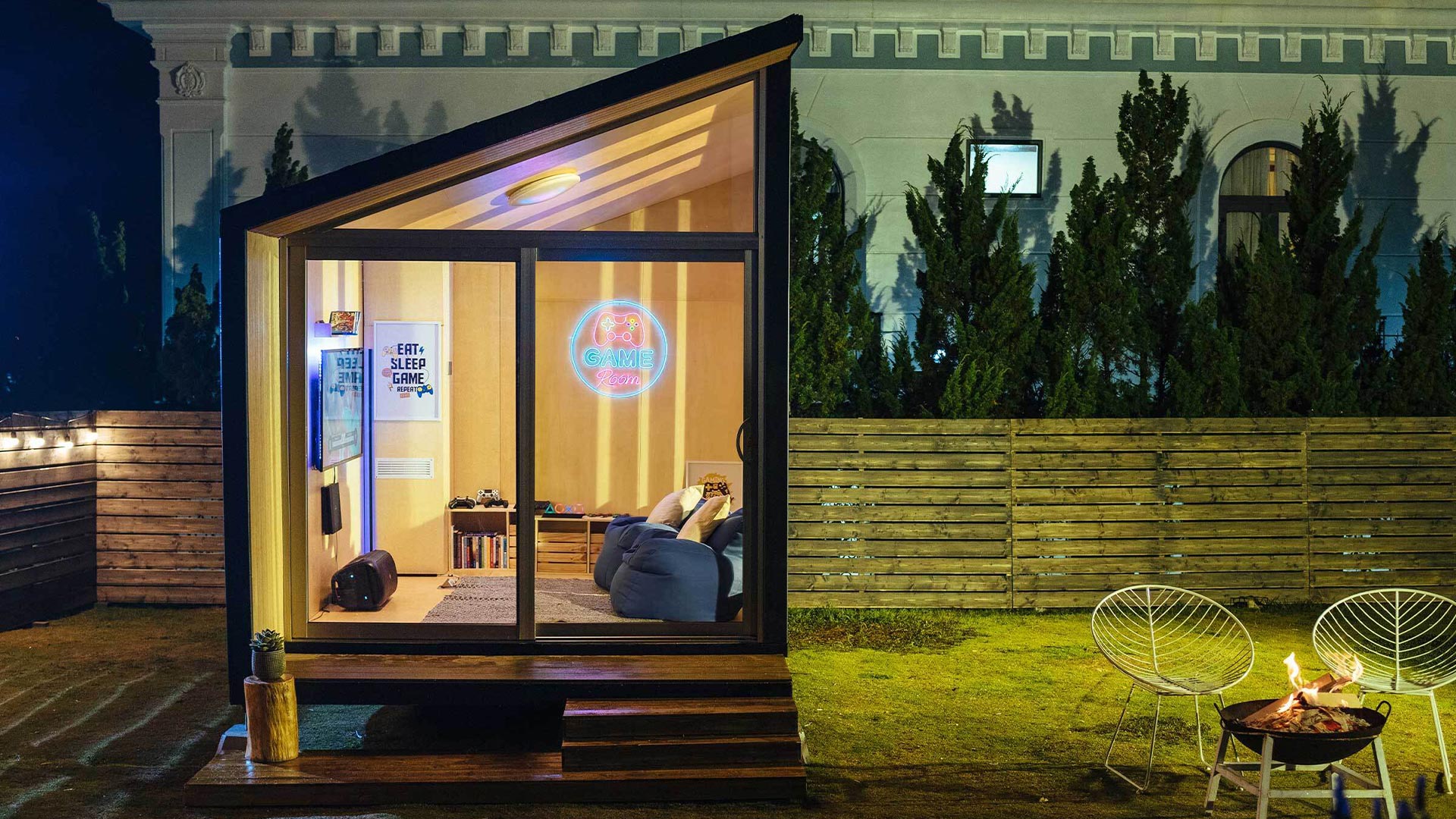

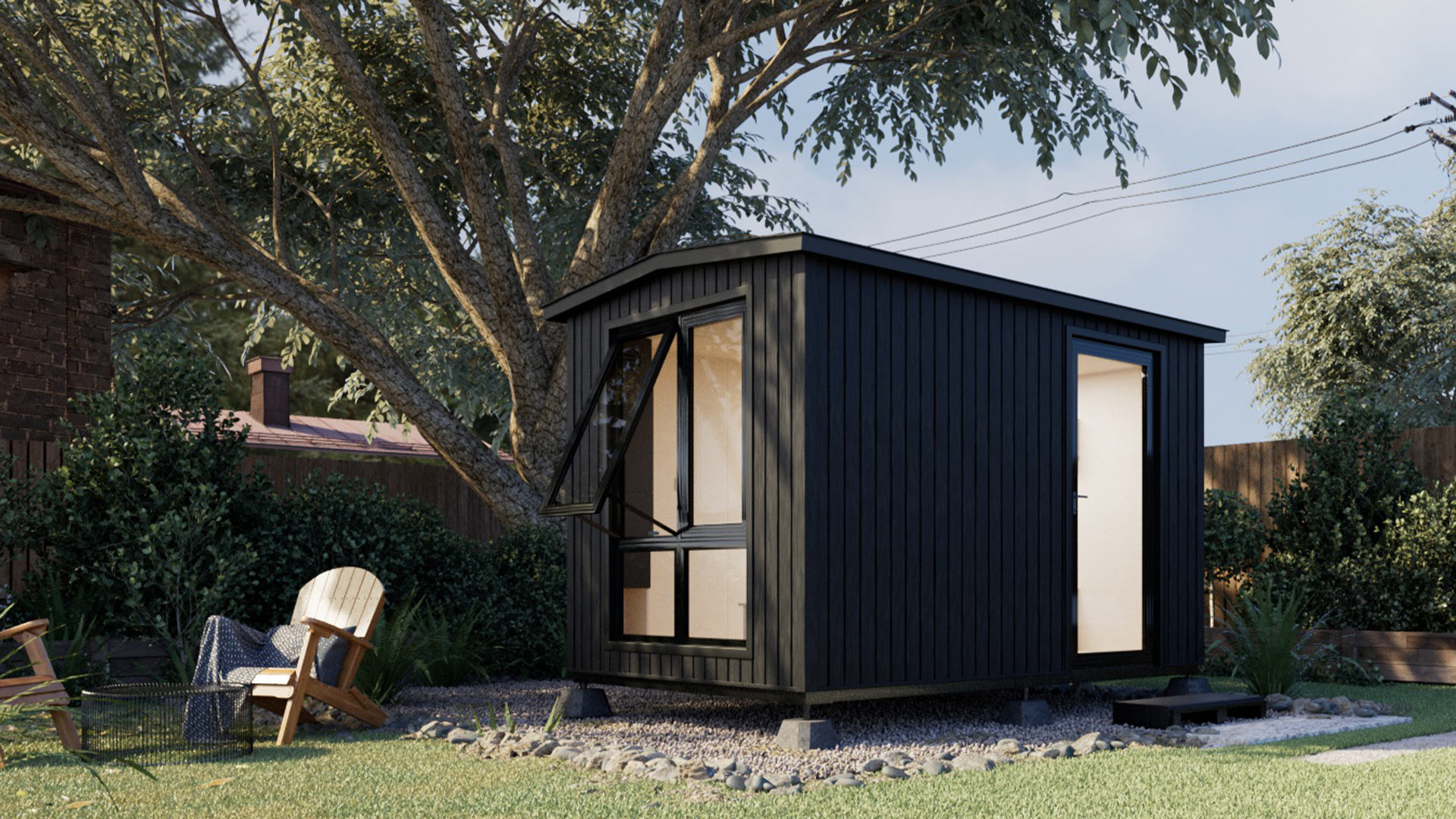
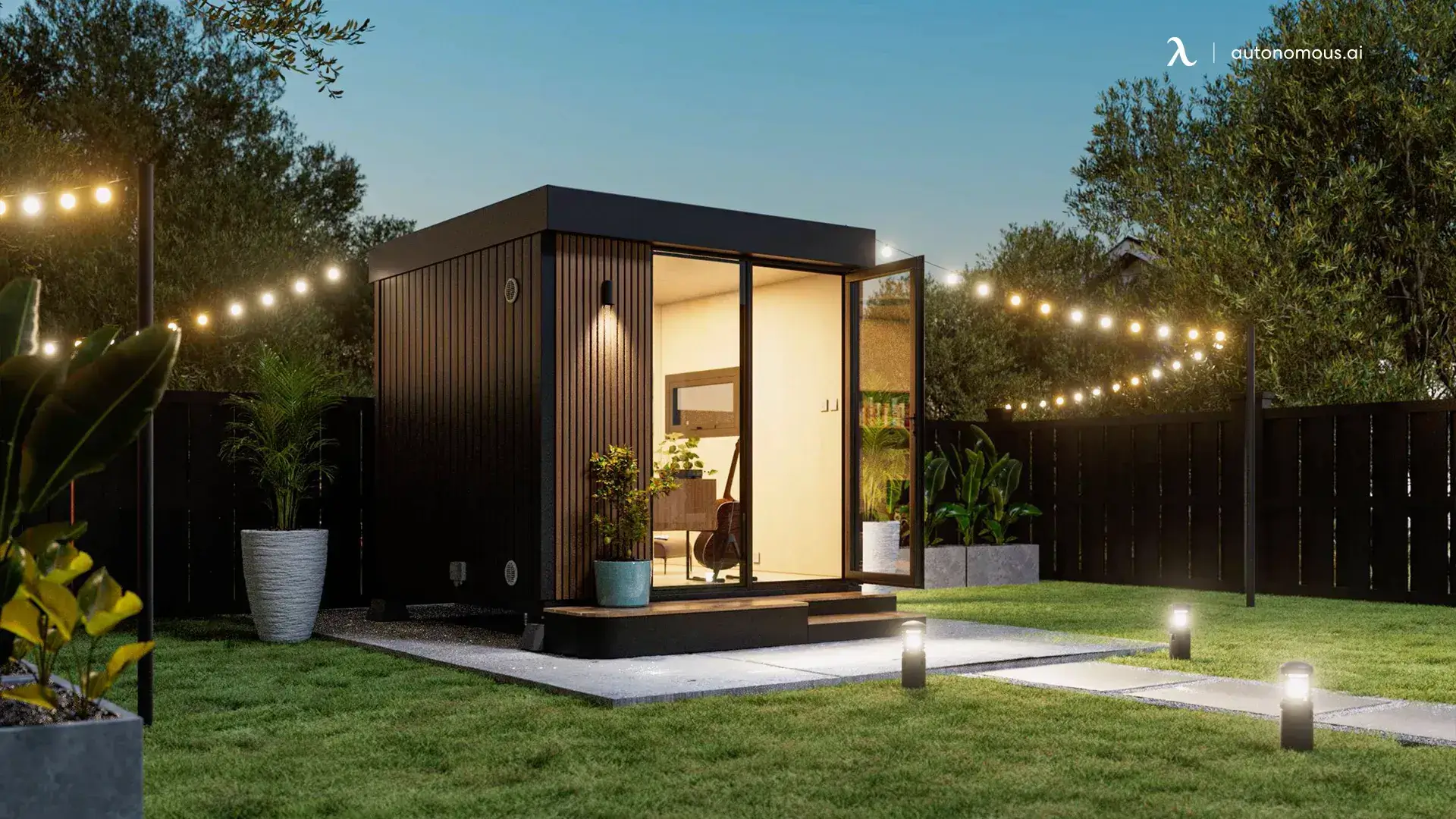
.webp)
.webp)




